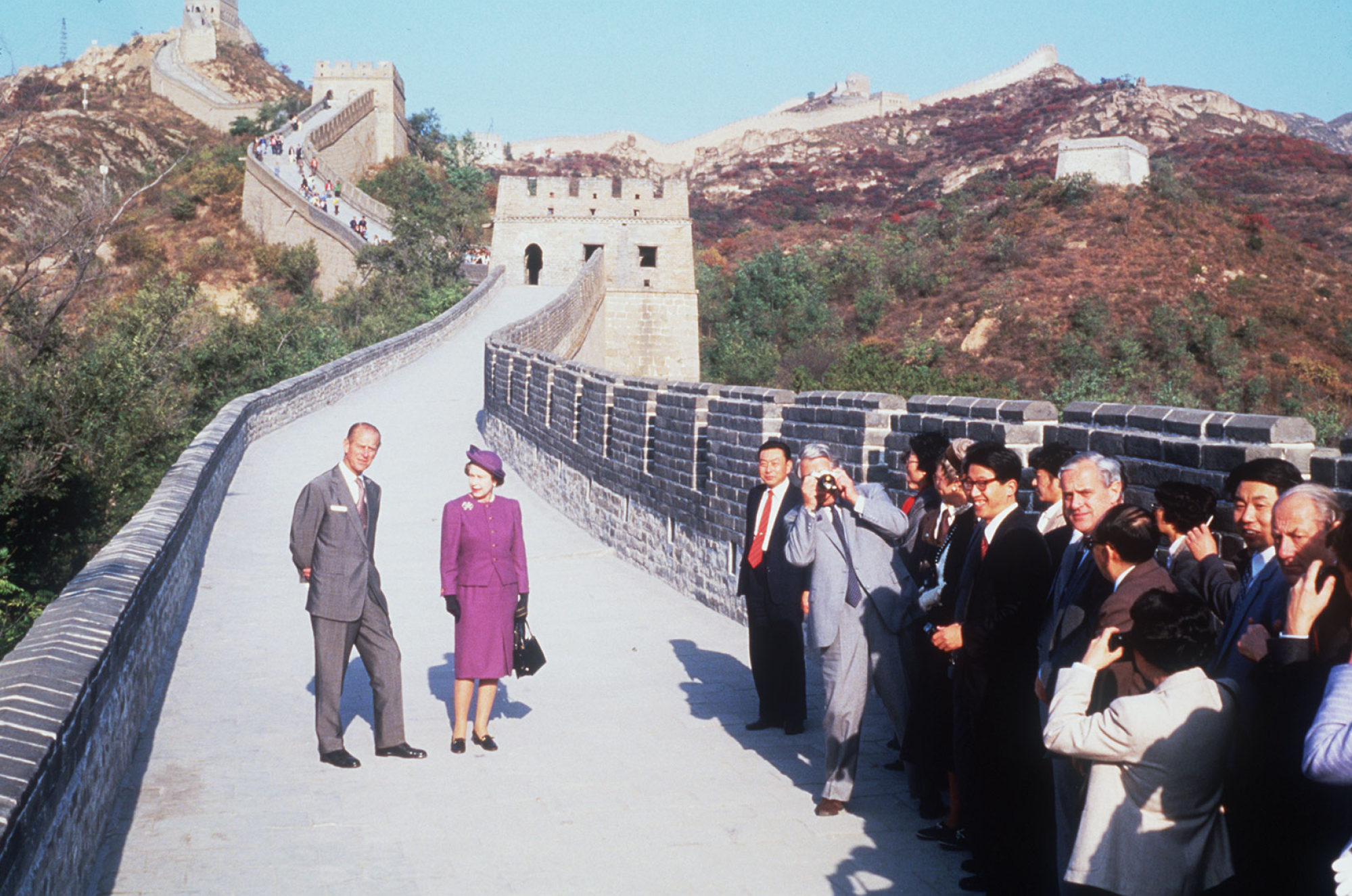
Chinese Vice-President Wang Qishan expected to attend Queen Elizabeth’s state funeral, diplomatic sources say
- Wang Qishan is expected to arrive in London on Sunday, a day before the funeral
- Xinhua earlier reported he had signed a condolence book for late monarch at British embassy
Wang is expected to arrive in the British capital on Sunday, a day before the funeral at Westminster Abbey, which is likely to be attended by hundreds of foreign dignitaries.
His trip would be the latest by Chinese state leaders who had started to head overseas for diplomatic visits after spending most of the past three years at home as the country followed a “dynamic-zero” Covid-19 strategy, one expert on Thursday said.
State news agency Xinhua earlier reported that Wang signed a condolence book for the late monarch at the British embassy in Beijing on Monday and observed a moment in silence in front of her portrait. A source told the Post the vice-president also spent a short time at a tree the queen had planted in Beijing during her visit in the 1980s.

Xinhua has not yet confirmed whether Beijing will send representatives to the queen’s funeral, but the foreign ministry on Wednesday said China was “actively considering” sending a high-level delegation to the queen’s funeral. The Post has reached out to the Chinese embassy in London for comment.
Queen Elizabeth, Britain’s head of state for seven decades and its longest-serving monarch, died at age 96 on Thursday last week at Balmoral Castle in Scotland, her summer residence. Her body was taken in a hearse to Westminster Hall in London, where she lies in state.
Chinese vice-president signs condolence book, lays wreaths for queen
Crowds have flocked to London to catch a last glimpse of the late British royal, forming queues that stretched for kilometres.
Beijing has sent high-ranking officials to funerals for heads of state over the past decade.
When Thailand’s King Bhumibol Adulyadej died in 2017, then vice-premier Zhang Gaoli led Beijing’s delegation to Bangkok to attend the cremation ceremony. In 2015, then Chinese vice-president Li Yuanchao attended the state funeral of Singapore’s founding father Lee Kuan Yew.
But Chong Ja Ian, associate professor of politics at the National University of Singapore, said Wang’s visit, should it happen, would be part of the wider trend of top Communist Party officials making diplomatic visits.
Chinese President Xi Jinping just concluded his visit to Kazakhstan, his first trip abroad since the Covid-19 pandemic began, while Li Zhanshu, the chairman of the National People’s Congress Standing Committee, the country’s top legislative body, wrapped up a trip to Russia last week.
Xi arrives in Kazakhstan on first trip abroad since pandemic began
“Wang Qishan attending Queen Elizabeth’s funeral may be part of this trend,” he said.
Chong said the trip could provide an opportunity for British and Chinese leaders to discuss ties, with both sides expected to try to “avoid further backsliding, if not improve matters slightly”.
“A lot will come down to Wang’s itinerary, whether he schedules meetings or leaves after attending ceremonial events,” he said.

Soon after the queen’s death, the Chinese president joined world leaders in expressing their condolences.
On Saturday, Xi sent a congratulatory message to Britain’s new monarch, King Charles, saying he was ready to work with him to increase the understanding and friendship between the two countries.
During Wang’s visit to the British embassy earlier this week, he repeated the message on behalf of Xi, Beijing and the Chinese people.
“Queen Elizabeth II was a driving force and contributor to the development of Sino-British relations,” Wang was quoted as saying by state media.
“She was the first British monarch to visit China and received many Chinese leaders in the UK, making a positive contribution to the development of Sino-British relations.”

